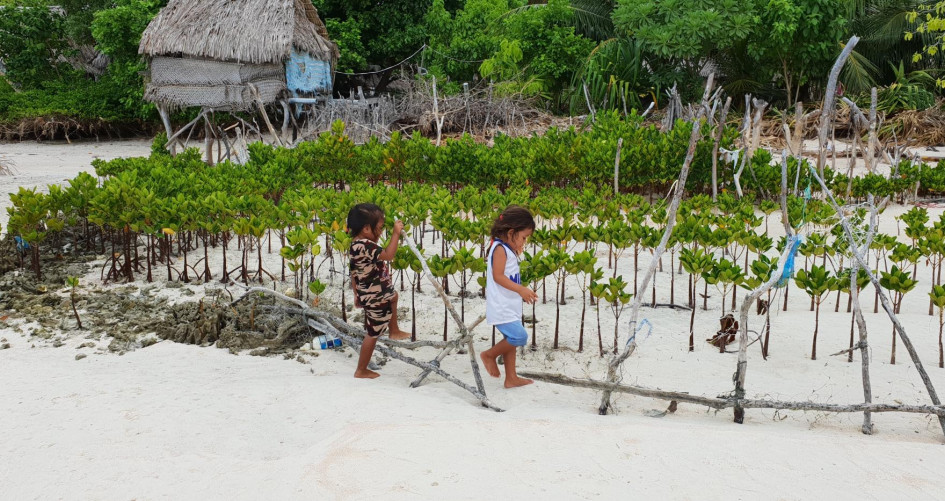To enhance the coherence of the efforts by the WIM Excom and the TEC, the WIM Excom invited the TEC to discuss specific actions for collaboration, including the development of a joint policy brief on the area of technologies for coastal zones.
The two committees have since prepared and adopted a concept note for the joint policy brief as well as indicative milestones for the collaboration. The organization of an expert dialogue is one of the milestones that is planned to be held in spring 2019.
This expert dialogue will convene leading experts, practitioners and policymakers to discuss and share information on technologies for coastal zone risk assessment (observe and assess), risk retention (manage and accommodate), and recovery and rehabilitation, including case studies from different geophysical environmental settings. The results of this dialogue will facilitate and feed into the development of a joint policy brief on technologies for averting, minimizing and addressing loss and damage, including recovery and rehabilitation in coastal zones.

